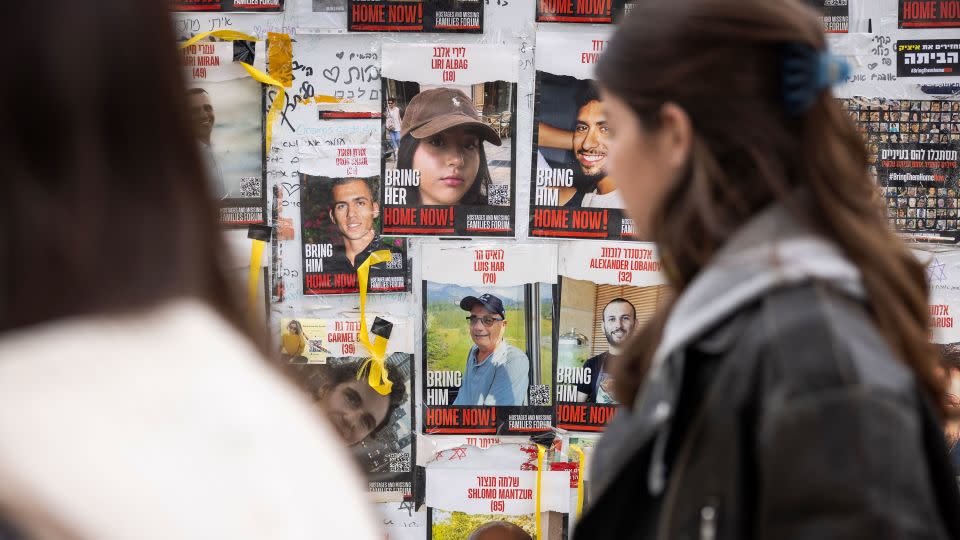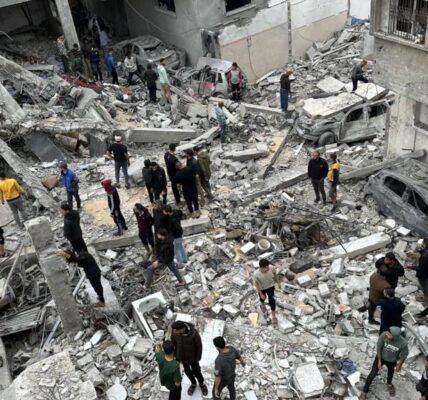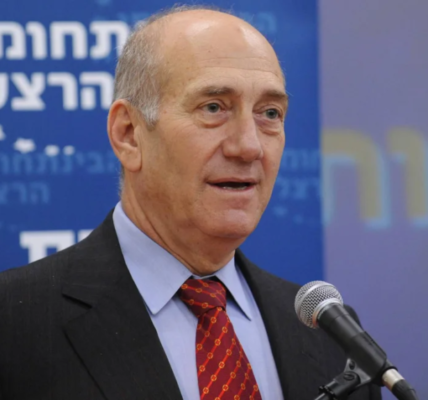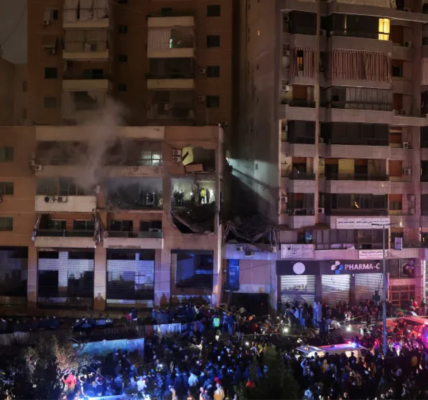CIA Director Bill Burns and his Egyptian and Qatari counterparts arrive in Paris to begin next round of hostage negotiations
An Israeli delegation arrived in Paris today for talks with senior US, and Egyptian intelligence officials, as well as the Prime Minister of Qatar, aiming to advance a ceasefire deal with Hamas and secure the release of hostages, an Israeli official confirmed.
The attendees include Mossad chief, David Barnea; CIA director, William J. Burns; the Qatari Prime Minister Mohammed bin Abdulrahman bin Jassim al-Thani; and Abbas Kamel, the head of Egyptian intelligence.
The discussions in Paris come a day after President Biden’s Middle East envoy met with Prime Minister Benjamin Netanyahu and other top officials in Israel, as part of a series of efforts to negotiate the release of hostages and a temporary halt to the fighting.
Israeli authorities estimate that approximately 100 hostages are still trapped in Gaza, with at least 30 others believed to be dead.
On Tuesday, Hamas announced that a delegation led by Ismail Haniyeh was in Cairo to meet with Egyptian officials to explore avenues to end the war.
On Thursday, Hamas stated that Haniyeh had concluded his visit after meeting with the Egyptian intelligence chief and aides.
Discussions were said to have covered various topics, including ending the war, the return of displaced individuals to their homes, humanitarian aid, the exchange of hostages for Palestinian prisoners, and concerns about activities at the al-Aqsa Mosque during Ramadan.
There is now even greater urgency to secure a ceasefire deal as the death toll in the Gaza Strip nears 30,000 Palestinians over just four months of war, according to health officials.
Although talks seemed to stall last week, after discussions in Cairo failed to reach a breakthrough, on Wednesday night, there were signs of renewed hope.
Benny Gantz, a member of Israel’s war cabinet, mentioned progress on a new draft of a deal, indicating a “possibility to advance”.
Further to this, on Thursday, a White House official reported that President Biden’s Middle East coordinator, Brett McGurk, had “constructive” meetings in Israel with Mr. Netanyahu, and Yoav Gallant, Israel’s Defence minister, along with other members of Israel’s war cabinet.
Initial indications from McGurk’s discussions suggest some signs of progression, with a focus on securing a hostage deal for an extended pause to bring hostages home and reduce violence for increased humanitarian assistance. Israel’s government, as confirmed by Mr. Gallant, plans to expand the authority given to hostage negotiators.
In undisclosed briefings, there are suggestions that both Hamas and Israel are willing to explore an interim agreement, potentially involving the exchange of 35 Israeli hostages, particularly those who are medically frail or older, for an unspecified number of Palestinian prisoners.
Mr. Kirby also said Mr. McGurk intended to press Israel’s war cabinet for its plans for its military operation in Rafah.
“Nothing has changed about our view that any operation in Rafah without due consideration and a credible executive plan for the safety and security of the more than a million Palestinians seeking refuge in Rafah would be a disaster,” Mr. Kirby said. “We would not support that.”
Meanwhile, the United States earlier this week vetoed a U.N. Security Council resolution calling for an immediate ceasefire in Gaza, arguing that it could allow Hamas to regroup and fortify.
Instead, the US has drafted a rival resolution, still in early negotiations, calling for a temporary humanitarian ceasefire “as soon as practicable” and the release of hostages.


























































































































































































































































































